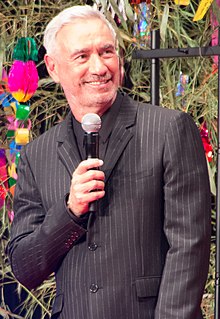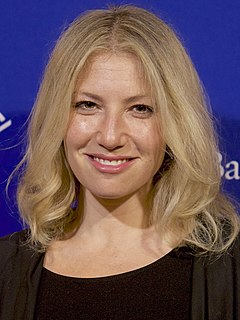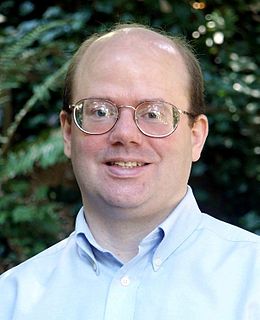A Quote by Craig Ferguson
Wikipedia celebrates its 12th birthday today. Of course, I have no idea if it's true. I read it on Wikipedia.
Related Quotes
The core community is passionate about quality and getting it right. If you want to read some good criticisms of Wikipedia, probably the best place to go is to the Wikipedia article called 'criticisms of Wikipedia'... It was either the dumbest thing or the smartest thing I ever did. The dumbest thing for the obvious reasons, but the smartest thing because I don't think it could have had nearly as much impact as it has. One of the key things that inspired people to put a lot into it (was the charity aspect).
Wikipedia took the idea of peer review and applied it to volunteers on a global scale, becoming the most important English reference work in less than 10 years. Yet the cumulative time devoted to creating Wikipedia, something like 100 million hours of human thought, is expended by Americans every weekend, just watching ads.
I don't really agree that most academics frown when they hear Wikipedia. Most academics I find quite passionate about the concept of Wikipedia and like it quite a bit. The number of academics who really really don't like Wikipedia is really quite small and we find that they get reported on in the media far out of proportion to the amount they actually exist.
I'm quite good at taking in information so I voraciously inhale Wikipedia - which may have some things wrong in it, but I think is generally more information than we had before. Last tour we didn't have Wikipedia. And then Discovery Channel and History Channel. I can take it in and retain what I think are the most important facts.
Now in Wikipedia it's really interesting. If you put something incorrect up on Wikipedia within minutes there are people crawling all over that sentence saying, "This is wrong" or "I want to change this" or "You've got to include an amplification," et cetera. So there's this massive checks and balances that actually makes that accuracy work. This is the kind of model that we - and I'm not sure why no one's discussing this - that we now have to begin to apply to fake news.
































